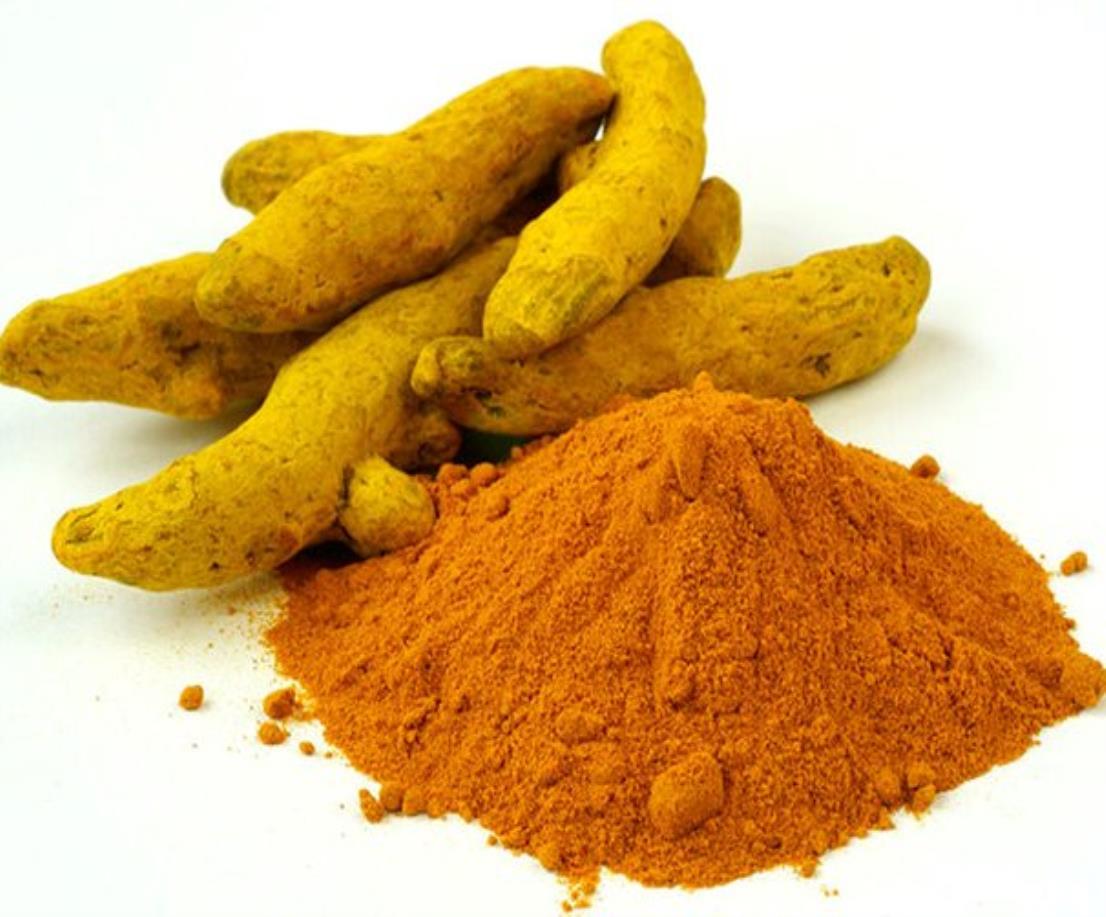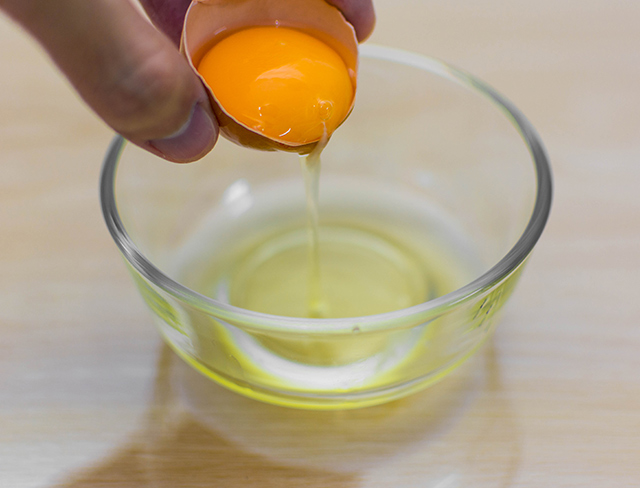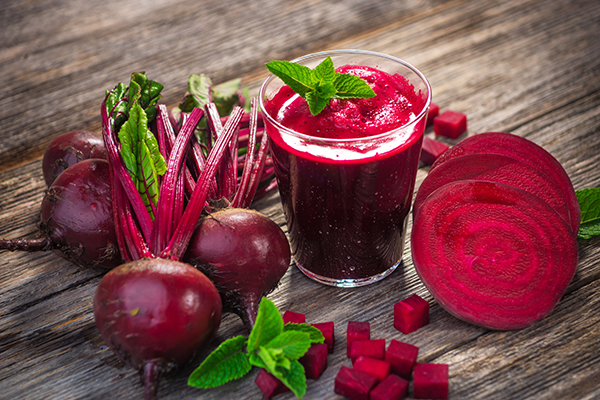
Advertisement
Phytonutrients are natural compounds found in plant foods, such as fruits, legumes, vegetables and whole grains that have beneficial effects working with other essential nutrients to support overall good health.
Here are some of the phytochemicals and their science-backed cancer-protective benefits.
Anthocyanins
A study published in the Journal of Cancer Prevention reported that a group of antioxidants found in purple sweet potatoes called anthocyanins protect against colorectal cancer by inducing cell cycle arrest and antiproliferative and apoptotic mechanisms.

Carotenoids
Beta-carotene, lutein, lycopene and zeaxanthin are the more popular types of natural carotenoids, which inhibit cancer growth, improve immunity, support vision health and promote skin health, per a study published in the journal Biofactors.
Fruits and vegetables that are rich in carotenoids include broccoli, apricots, cantaloupe, carrots, cooked tomatoes, leafy greens, oranges, sweet potatoes, watermelons and winter squash. Quinoa is rich in carotenoids that have been shown to help reduce the risk of breast cancer, lung cancer and ovarian cancer, said nutritionist Stacy Kenedy at the Dana-Farber Cancer Research Institute in Boston.
Coumarin
A phytochemical called coumarin in avocados may selectively inhibit cancer cell and pre-cancer cell growth, as well as induce apoptosis, or cell death, in certain cancer cells, including cervical, colon, pancreatic, prostate and stomach cancers, according to an article published in the journal Seminars in Cancer Biology.
Flavonoids
Anthocyanins, catechins and quercetin are all types of flavonoids that possess a variety of anti-cancer effects. Apples, citrus fruits like lemons and oranges, coffee, tea, onions and soybeans are all rich sources of flavonoids. (Related: Powerful anti-cancer compound in red onions found to ‘destroy’ cancer tumors.)
A study published in the journal Nutrients indicated that flavonoids modulate reactive oxygen species (ROS) – free radical scavenging enzyme activities, participate in arresting the cell cycle, induce apoptosis or cell death, autophagy and suppress cancer cell proliferation and invasiveness.
Indoles and glucosinolates
Like other phytochemicals, indoles, and glucosinolates can help lower your risk of developing chronic diseases, including cancer. Cruciferous vegetables, such as broccoli, Brussels sprouts, cabbage, cauliflower and kale are rich in indoles and glucosinolates.
Studies, including one published in the journals Pharmacological Research and Pharmaceutics, have shown that indoles and glucosinolates prevent growth and decrease the production of cancer-related hormones.
Inositol
Phytic acid is a type of inositol that has been found to prevent cell damage. Bran from corn, oats, rice, rye and wheat, as well as nuts and soybeans all contain this phytochemical.
A study published in the Journal of Experimental & Clinical Cancer Research has shown the efficacy of inositol hexaphosphate (IPs) and inositol in breast cancer patients. Researchers have also indicated these phytochemicals as a valuable help in reducing the side effects and preserving the quality of life among patients treated with chemotherapy.
Isoflavones
Like indoles and glucosinolates, isoflavones inhibit tumor growth and limit the production of cancer-related hormones. They are typically found in soybeans and other soy products.
A study published in the journal Medicines (Basel) explained why women who start eating soy products as adults, as is often the case in the Western world, lack the chemoprotective effects researchers observed in Asian women.
Polyphenols
Ellagic acid and resveratrol are two types of polyphenols that can prevent cancer formation and reduce inflammation. These phytochemicals are found in apples, berries, citrus fruits, grapes, green tea, peanuts, whole grains and wine.
A study published in the International Journal of Functional Nutrition attributed the reduction of the incidence of specific cancers (bladder cancer, breast cancer, colon cancer, leukemia, lung cancer, pancreatic cancer, prostate cancer and skin cancer) to their antioxidant and anti-inflammatory properties.
Sulforaphane
Arugula, a peppery, spicy and slightly tart leafy green, is full of antioxidants and contains glucosinolates, which your body breaks down into a range of beneficial compounds, including sulforaphane – the active compound that directly eliminates carcinogens from the body and provides a protein that inhibits tumor growth. Researchers in a study published in the journal Current Pharmacology Reports have found that sulforaphane inhibits the enzyme histone deacetylase, which is involved in the progression of cancer cells.
The key to getting phytochemicals is to get them from whole food. No single plant food can protect you from disease and you can get the most protection by eating a variety of plant foods.
Explore Cancer.news for stories about cancer solutions.
Watch this video about how to heal certain types of cancer with eggplants.
This video is from the True Pathfinder channel on Brighteon.com.
More related stories:
Danshen herb found to have anti-cancer, liver-protective properties.
Curcumin found to have protective effects against stomach cancer.
Leeks contain anti-cancer compounds.
Sources include:
Advertisements







